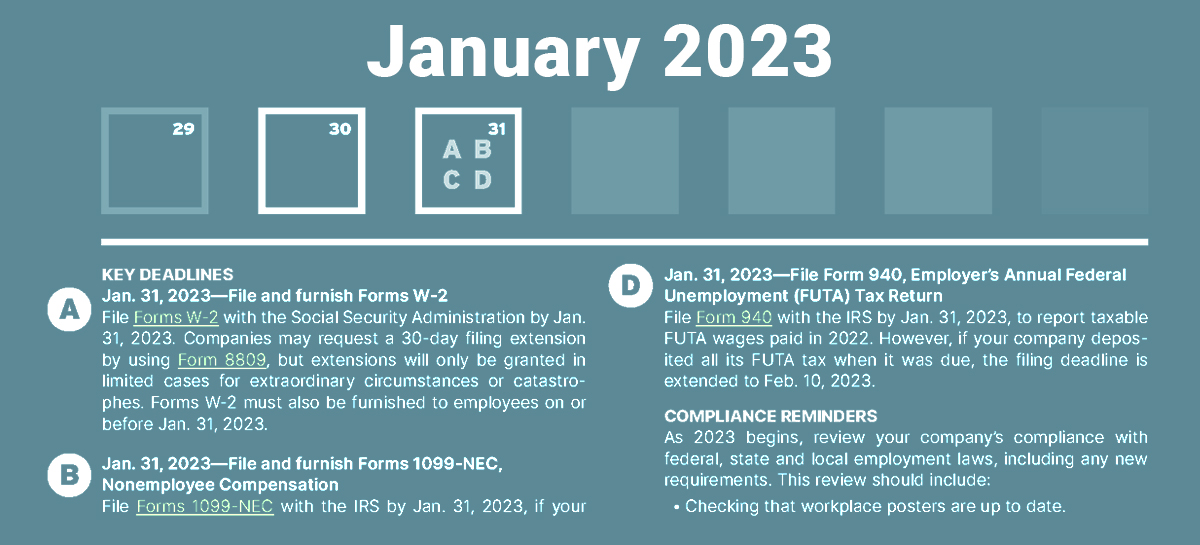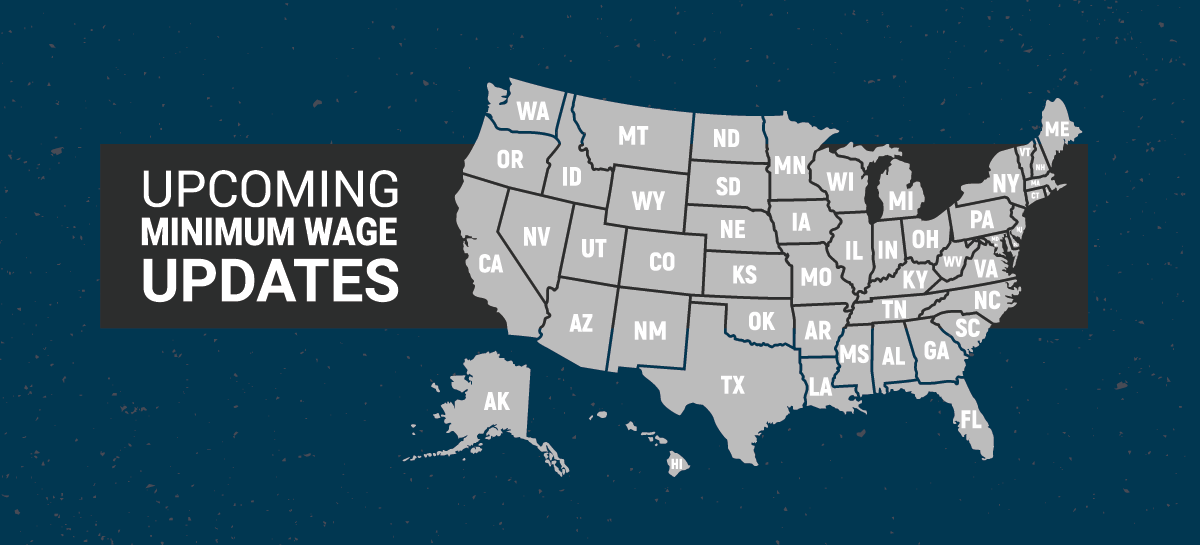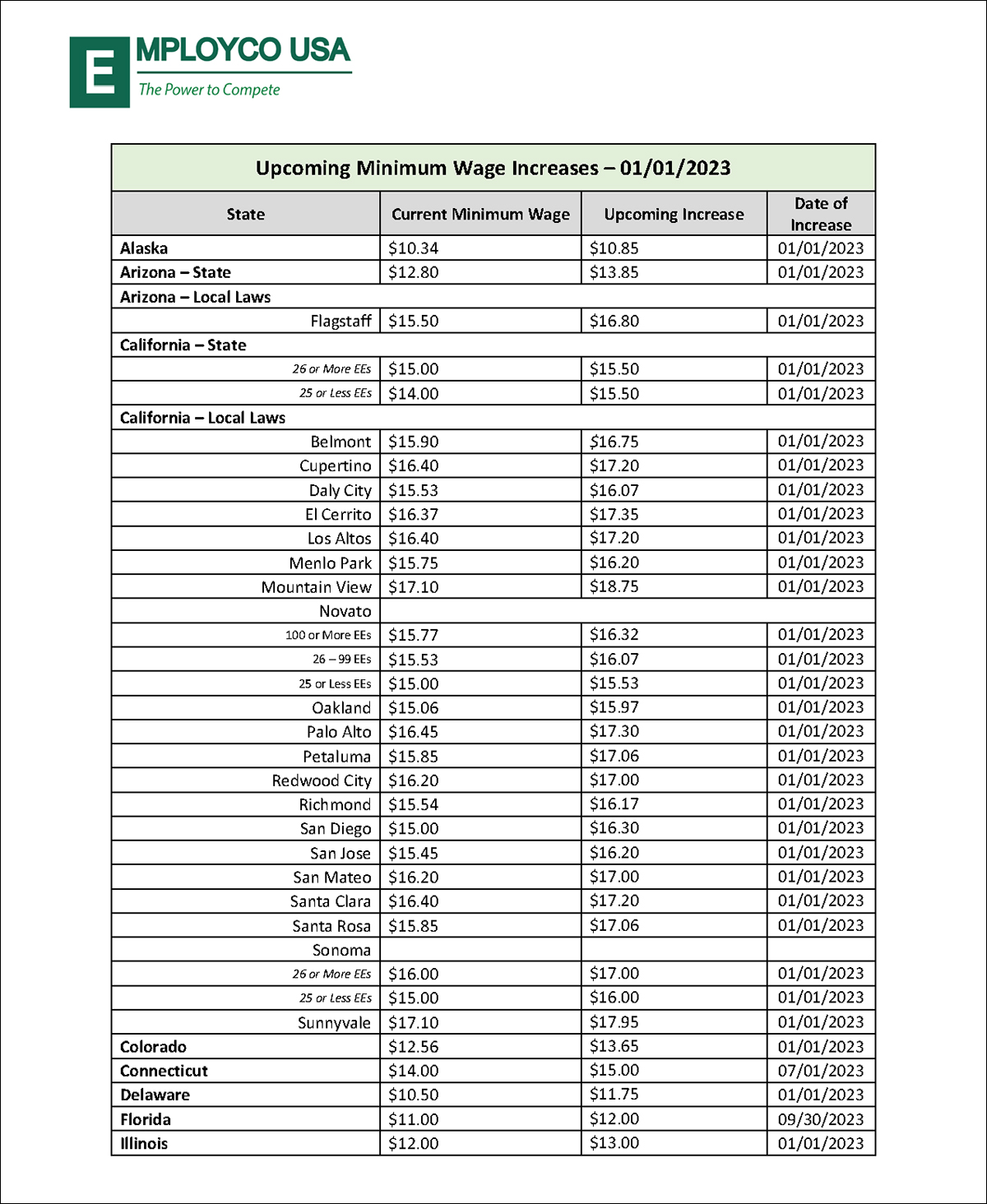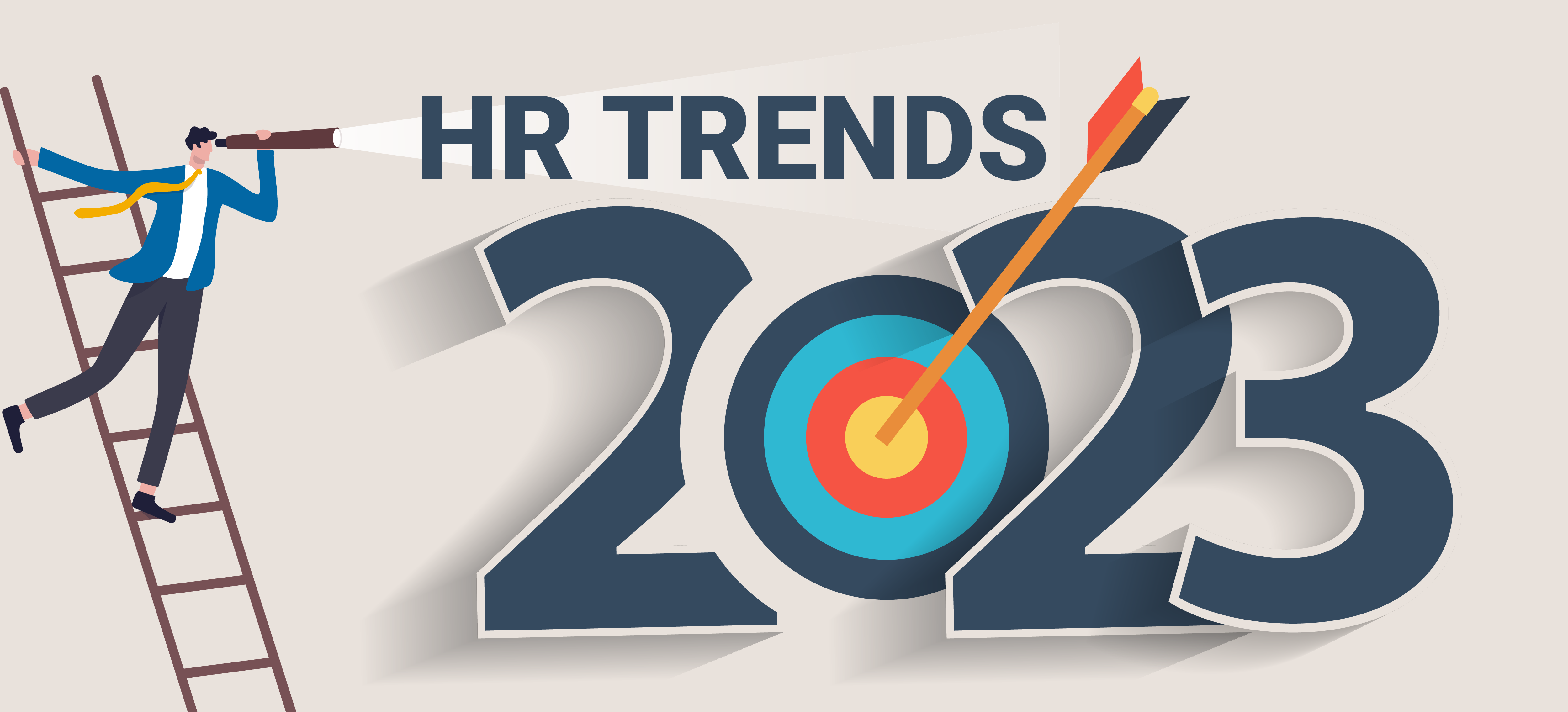
Pay transparency is when an employer openly communicates pay-related information through established practices to current or prospective employees. Employers can provide this information through various channels, such as online job sites, job postings, or during an interview. As a result of changing labor markets, more and more employees are demanding pay transparency. Further, some jurisdictions are now requiring employers to share pay information, meaning that this trend is impacting more and more employers.
Pay Transparency Across the Nation – As demands for pay transparency increase, some states have passed legislation requiring organizations to be transparent. In recent years, California, Colorado, Connecticut, Maryland, Nevada, Rhode Island, and Washington have all passed pay transparency laws. Some cities, including New York City, Jersey City, and Cincinnati, have also passed such laws.
Continue reading →










